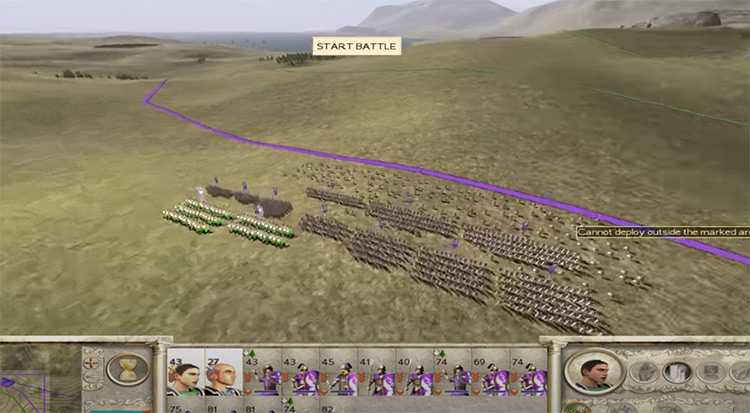

But, obviously, it has quite a great deal of significance to individual people. "I think the Second World War was infinitely more destructive. "I must say, personally, I don't like the parallel," says Guy Bud, a historian. World War II in particular is a prevalent symbol of commentary on the current pandemic.īut experts are uncomfortable with the war metaphor. Wars are part of our collective memory and shared identity, they awaken ideals of duty, personal responsibility, hope, and faith. President Donald Trump referred to himself as a " wartime president," and the week after, New York Governor Andrew Cuomo reportedly said that " ventilators are to this war what bombs were to World War II." A day after lockdown was imposed in Germany, its chancellor, Angela Merkel, appealed for national unity in the name of a challenge that she described as the greatest faced by the country since World War II – words that have been repeated, in a global context, by UN Secretary General Antonio Guterres, and many others across Europe. But the enemy is right there: invisible, elusive, but it is making progress."īritish Prime Minister Boris Johnson declared on 17 March that his government would have acted " like any other wartime governments" to support the British economy and take "steps that are unprecedented since World War II," calling the virus an "enemy that can be deadly." In the same week, U.S. "We're not up against another army or another nation. " We are at war," President Emmanuel Macron told the French people in a televised speech announcing the lockdown measures that would have kept the country at home for more than two months. Other world leaders followed suit, as the virus spread across the globe, invoking war imagery to describe the healthcare emergency. In March, Chinese President Xi Jinping declared after visiting the virus-stricken city of Wuhan that China would have won the "people's war" against the coronavirus.


 0 kommentar(er)
0 kommentar(er)
